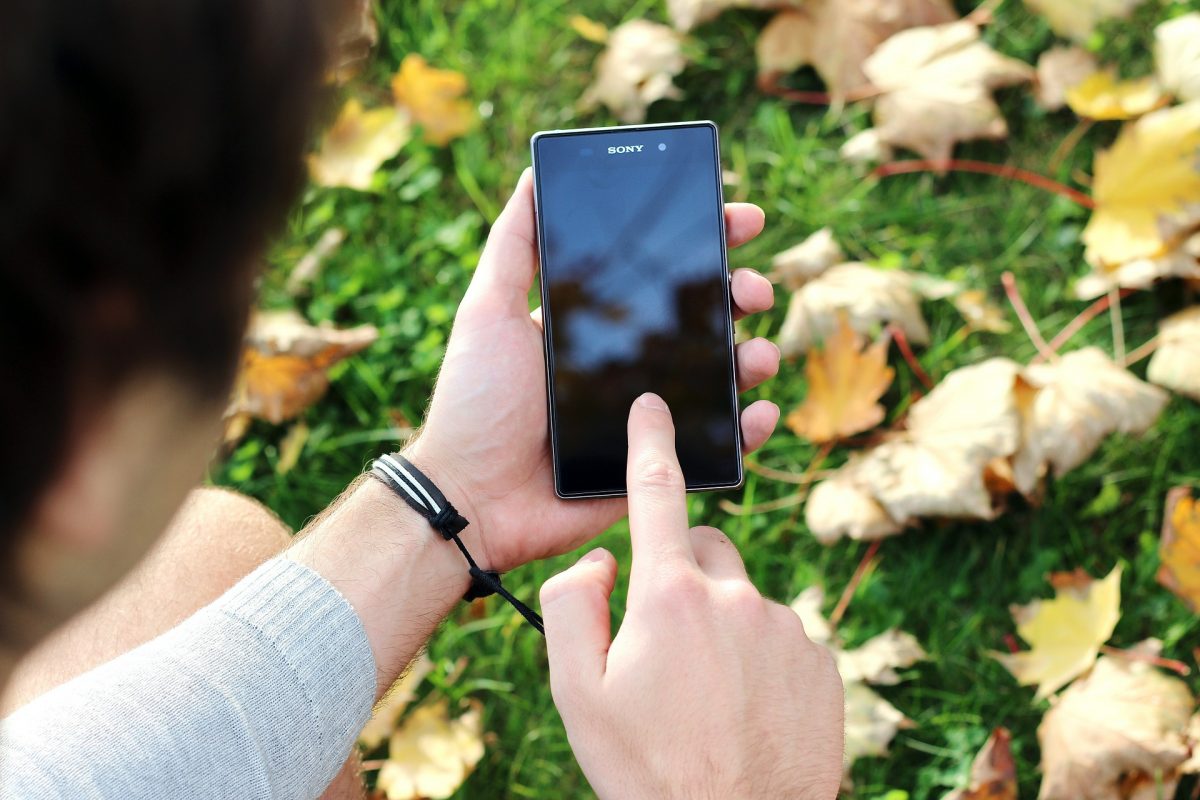I have hung up on telemarketers and salespeople who want to sell home security systems and ask to speak to my husband. I have hung up on charities soliciting donations. While in my twenties, I probably hung up on friends or boyfriends to have the last word in an argument. But the time that I remember most of all was about seven years ago when I hung up on a distant relative. The first time she called, she asked a few questions about how my husband Ed had died, and when did he know he was dying, and why didn’t he spread the news? I understood that his death had been a surprise and that she and her husband had loved him. The call went as well as could be expected.
The second time she called was much more difficult. The second call came about two weeks after our initial discussion. If I recall correctly, it was within a month of Ed’s death. She started to speak to me, and then she broke down, not necessarily into quiet tears or even loud sobs. She began to scream, crying. Wailing. “Why, Why, Eddie, did you have to die? Why did you leave us? We didn’t know you were sick.” At least, I think that is what she was saying. I freaked out. I did not know what to say. And I did not have the strength to help her feel better. And as I did not know her that well, I was unable to jump in. Also, my style of crying is very different than hers.
While this phone call did not qualify as a fight or flight situation, it triggered a need to escape. Mostly because I did not know what to do, I can remember pulling the phone away from my ear, staring at it, shaking my head, and then just ending the call. I think I sat there for a moment or two, took a deep breath, and then went back to whatever I was doing. And what I was doing did include my grieving process.
It is not a surprise that she never called me back again. And why would she? Who knows what she thought? We do not have her side of the story. She may believe that I was cold and unfeeling. My reaction most likely offended her. Maybe we have cultural differences In terms of appropriate mourning behavior. She was looking for a connection. A connection that I was unable to make.
Was I rude? No doubt. My actions were impolite. Even now, I can imagine my mother shaking her head and asking me, “Margaret Mary, was that ladylike?” In this instance, my actions did not live up to the gold standard, the Joannie Meloni laws of etiquette. But, in my defense, Joannie Meloni herself had died five days before my husband, and I would like to know what rules of etiquette were supposed to be in play? As you might guess, I was in a bit of an emotional freefall.
Am I sorry? If I hurt her feelings, I am not proud. But I do not regret doing what I needed to protect myself when my strength was lacking and my emotions were raw.
Would I do it again? All other things being equal, I would possibly respond the same way. If I had a bit more strength, I might be able to squeak out something along the lines of, “I am sorry, I just cannot do this right now.” BEFORE I ended the call.
Unfortunately, we had a bad connection. I am not referring to technology. Our phone-to-phone connection was loud and clear. We were not connecting human-to-human and heart-to-heart. It might be more accurate to say this was a missed connection. I had only met her one or two times. On both occasions, I did find her to be a lovely person. And in different circumstances, a friendship might have developed between us. But when she needed to share her grief with me, I did not feel a strong enough connection with her to bond with such an intense outpouring of emotion.
In life, we have missed or troubled or weak connections with our friends and family. And when you are grieving, there will be missteps and misunderstandings. There will be times when people want to cry with you, but you might not want to cry with them. You might or might not hang up or walk away. Whatever you do, you need to take care of your strength first.


